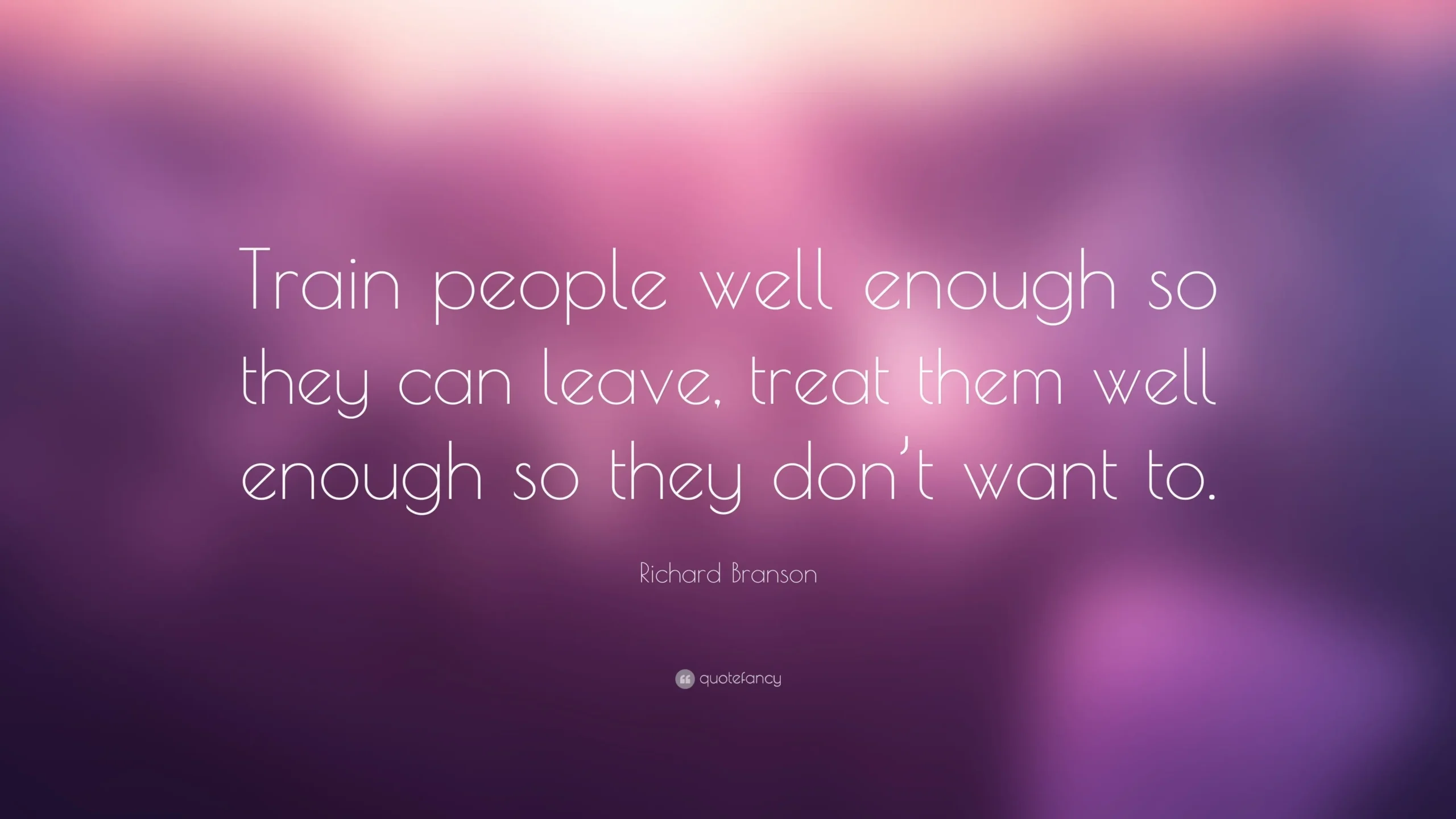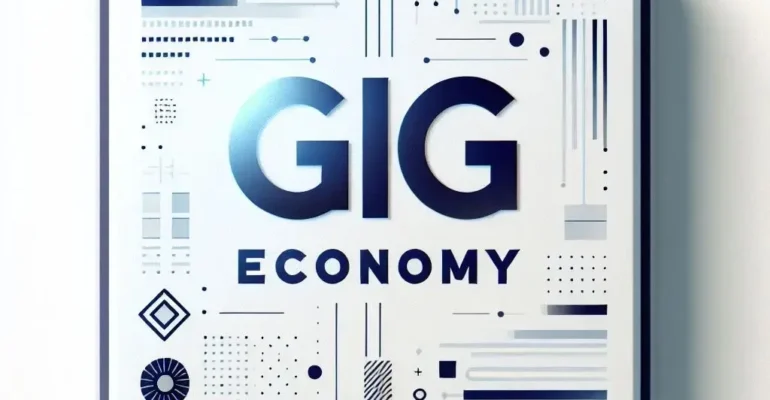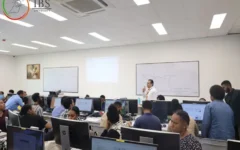What Is Gig Economy and How Does It Work?
March 24, 2025 2025-04-02 10:04What Is Gig Economy and How Does It Work?
The world of work is changing. Traditional 8-to-5 jobs, especially in PNG, are no longer becoming the only option for earning a living. Today, more people are choosing flexible, short-term jobs instead of long-term employment. This system, overseas, is called The Gig Economy.
In the gig economy, workers take on temporary, freelance, or part-time jobs rather than working for one employer full-time. These jobs are often called “gigs,” and they allow people to work on their own terms. But how exactly does the gig economy work, and what are its benefits and challenges?
Let’s understand it together.
Understanding the Gig Economy
The gig economy is based on independent work and short-term contracts. Instead of working a permanent job, individuals complete specific tasks or projects for companies or clients.
Some common examples of gig economy in motion include:
- Freelance writing, graphic design, and web development
- Ride-sharing services like taxis or PMVs
- Food delivery services
- Tutoring, consulting, or digital marketing services
- Selling handmade or digital products online

Technology plays a big role in the gig economy, especially in more upscale and prevalent markets overseas. Many people find work through online platforms such as Fiverr, Upwork, Freelancer, or Airbnb. These platforms connect workers with clients who need their services.
How Does It Work?
The gig economy operates on flexibility. Workers can choose:
- When they work – Some people do gig work full-time, while others take on gigs as a side hustle.
- Who they work for – Gig workers can accept or decline jobs based on their skills and interests.
- How much they work – They can take on as many or as few gigs as they want, depending on their financial needs.
For businesses, hiring gig workers is also beneficial. Companies can reduce costs by paying only for specific tasks instead of hiring full-time employees.
Benefits of the Gig Economy

The gig economy has become popular because of the many advantages it offers:
- Flexibility and Freedom – Workers can set their schedules and work from anywhere.
- More Opportunities – People can earn money using their unique skills.
- Extra Income – Many workers use gigs to supplement their regular income.
- Work-Life Balance – It allows people to manage their personal and professional lives better.
- Skill Development – Working on different gigs helps individuals improve their abilities and gain experience.
Challenges of the Gig Economy

Despite its benefits, the gig economy also has some challenges:
- Job Security – Since gigs are short-term, workers don’t have guaranteed income.
- Lack of Benefits – Most gig workers do not receive health insurance, paid leave, or retirement plans.
- Inconsistent Workload – Sometimes there are many job opportunities, and other times there are none.
- Self-Management – Gig workers must handle their own taxes, marketing, and client relationships.
Is the Gig Economy Right for You?

The gig economy is a great option for those who enjoy independence, flexibility, and working on multiple projects. However, it requires self-discipline, time management, and financial planning to succeed.
If you are interested in joining the gig economy, start by:
- Identifying your skills and strengths.
- Exploring online platforms where you can find gigs.
- Building a strong portfolio or resume.
- Managing your income wisely since work may not always be stable.
Conclusion
The gig economy is augmenting the way people work for the better. However, with greater benefits such as freedom and opportunities, you might also want to consider the associated risks as well. Whether you want to be a full-time freelancer or just earn extra cash on the side, understanding how the gig economy works will help you make informed career choices.
Contact:
IBSU Media Team
IBSUniversity
PO Box 5181, Boroko, NCD,
Papua New Guinea
M: +675 7028 8030 | 7411 4100
PC: IBSU Media
Editing & Narrative Direction: IBSU Library & Information
Disclaimer: This blog provides general information about the gig economy. It does not offer financial or career advice. Always research and plan carefully before making job-related decisions.







